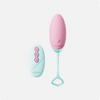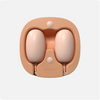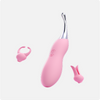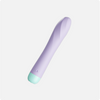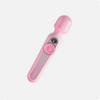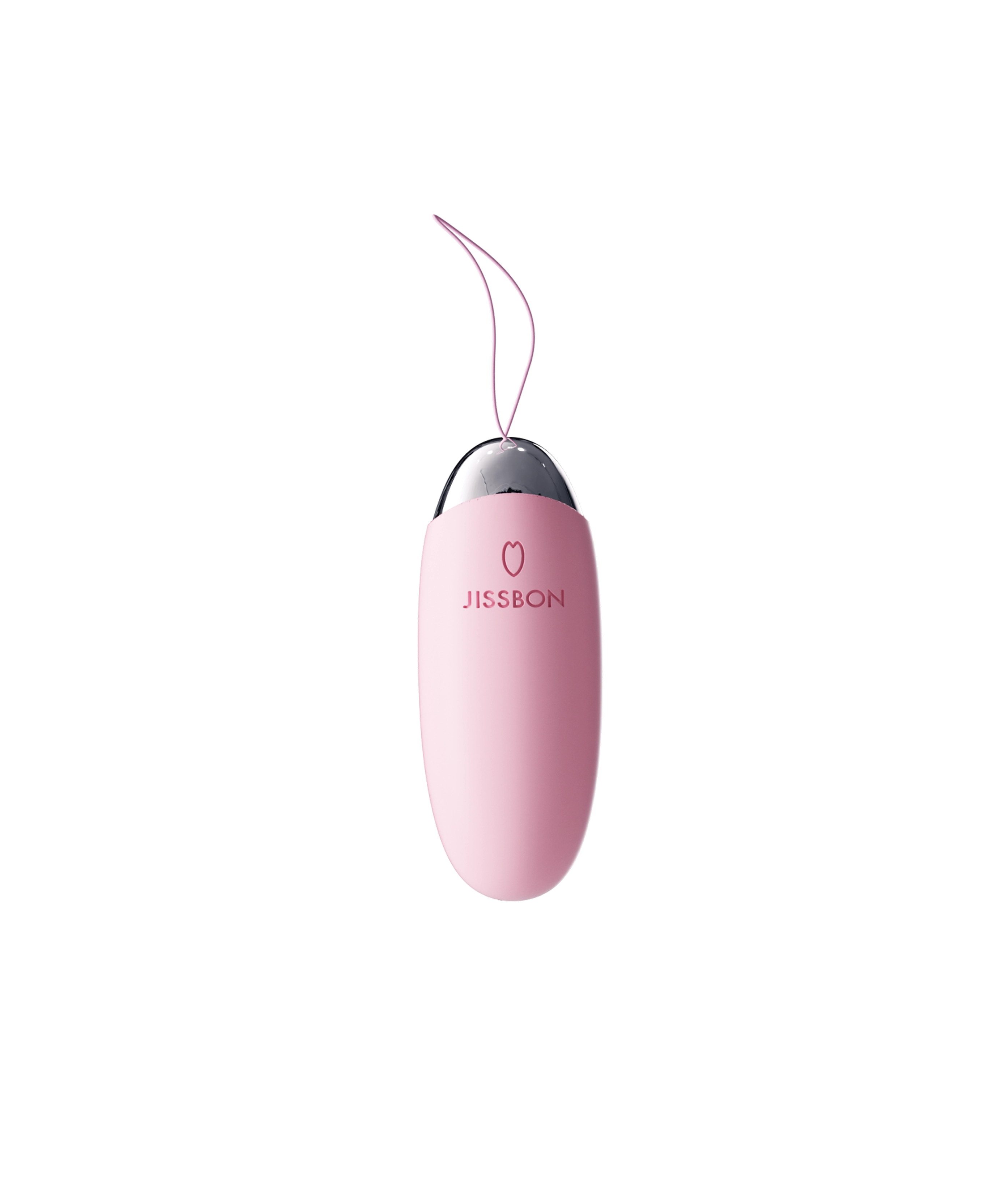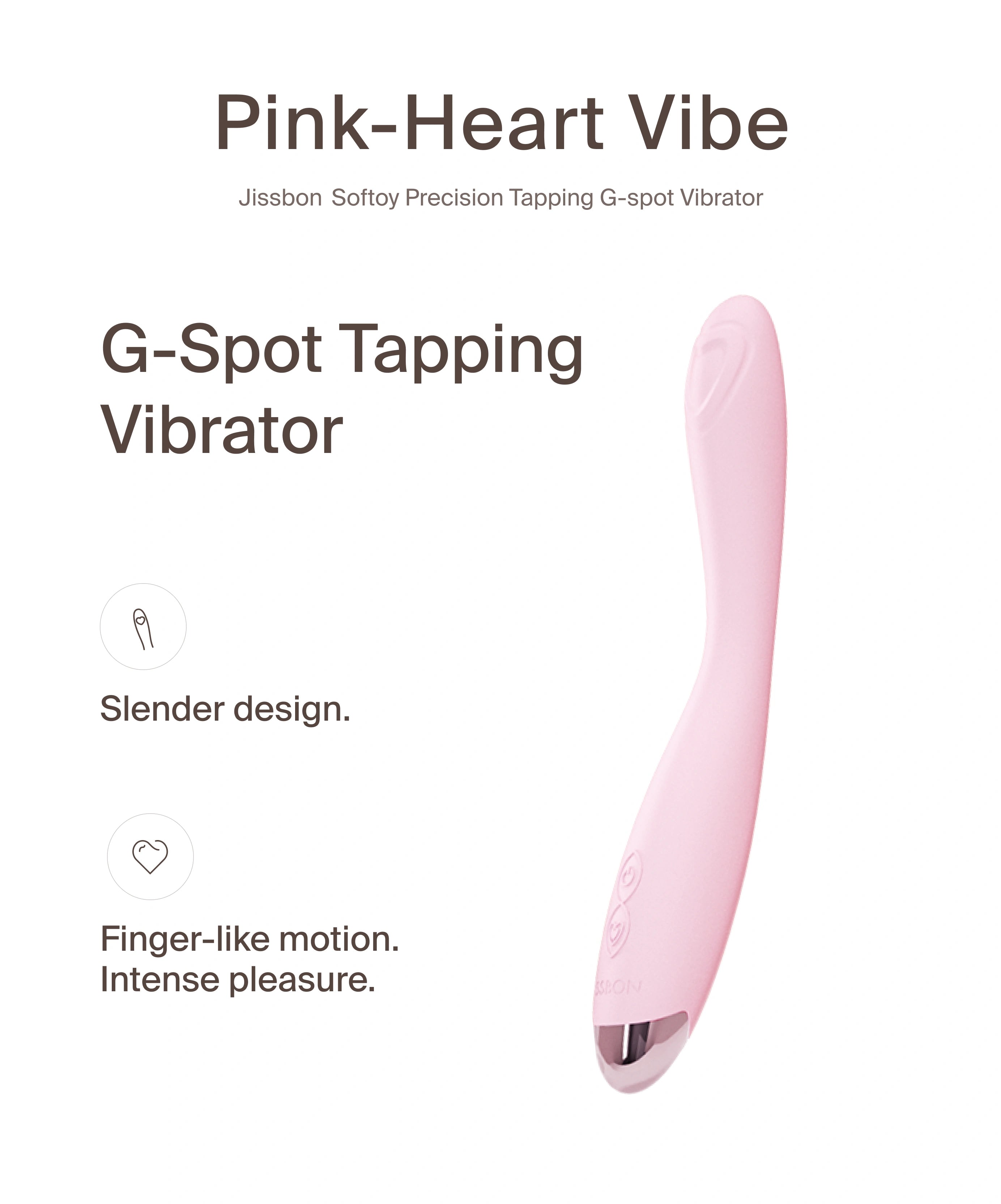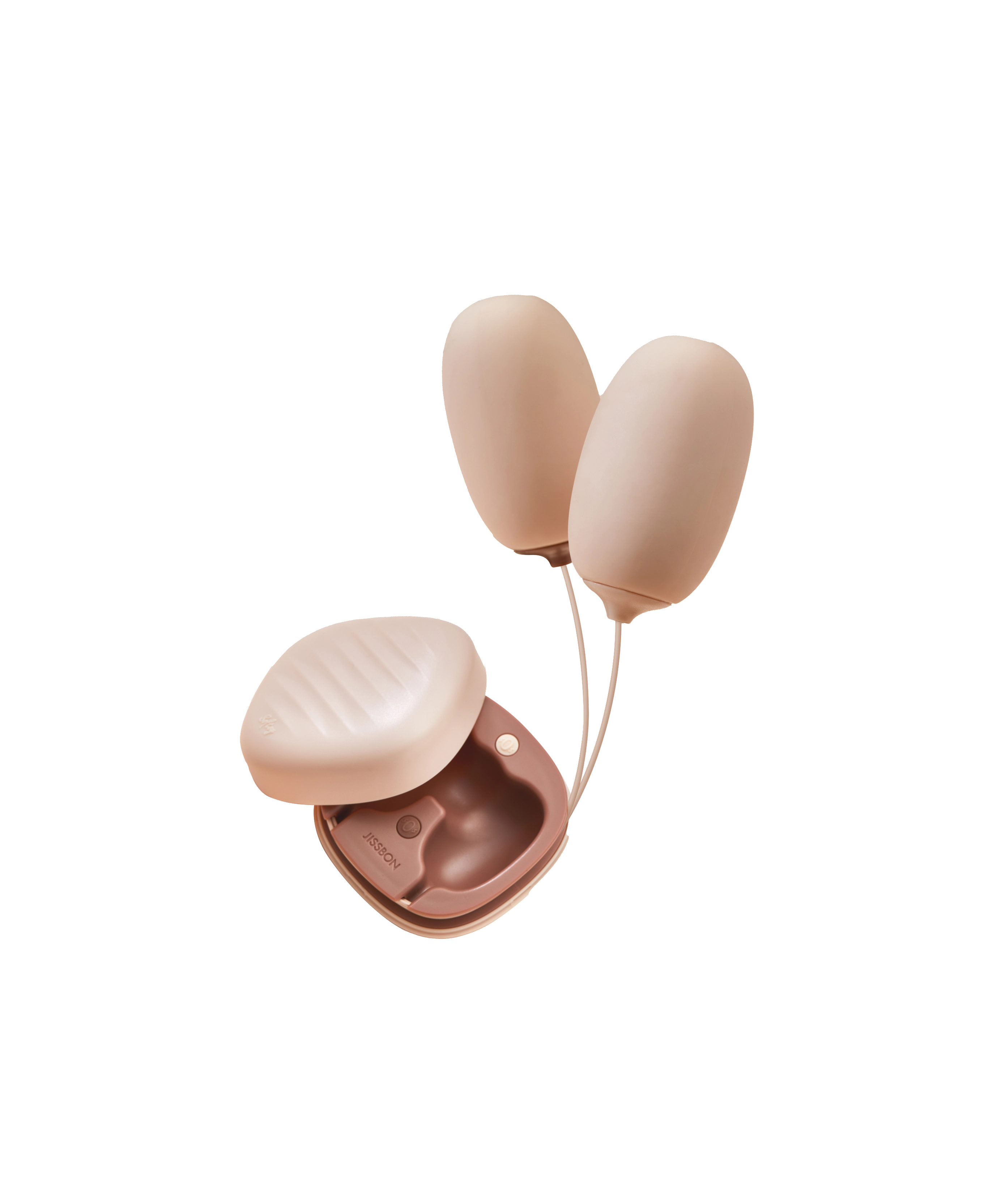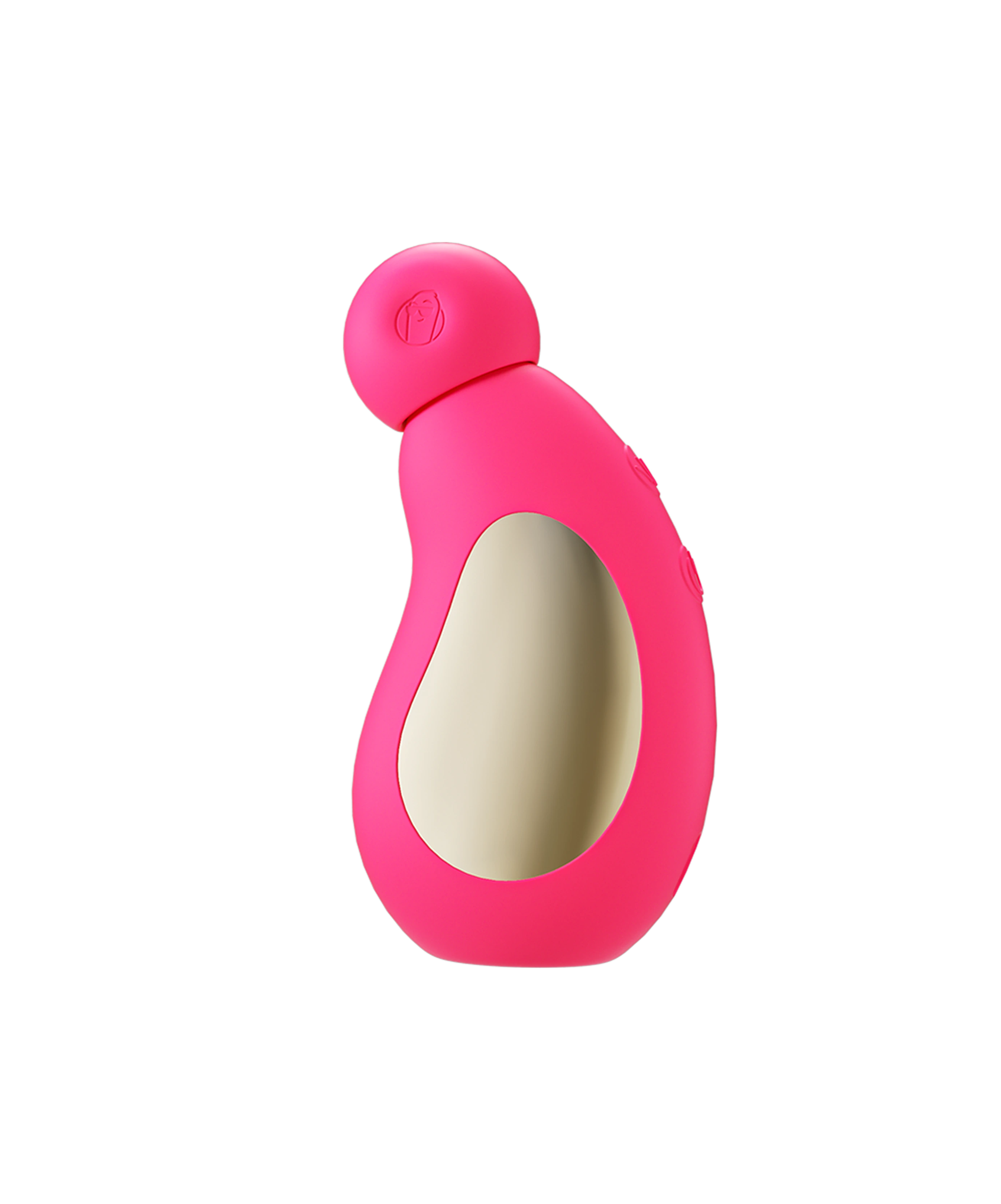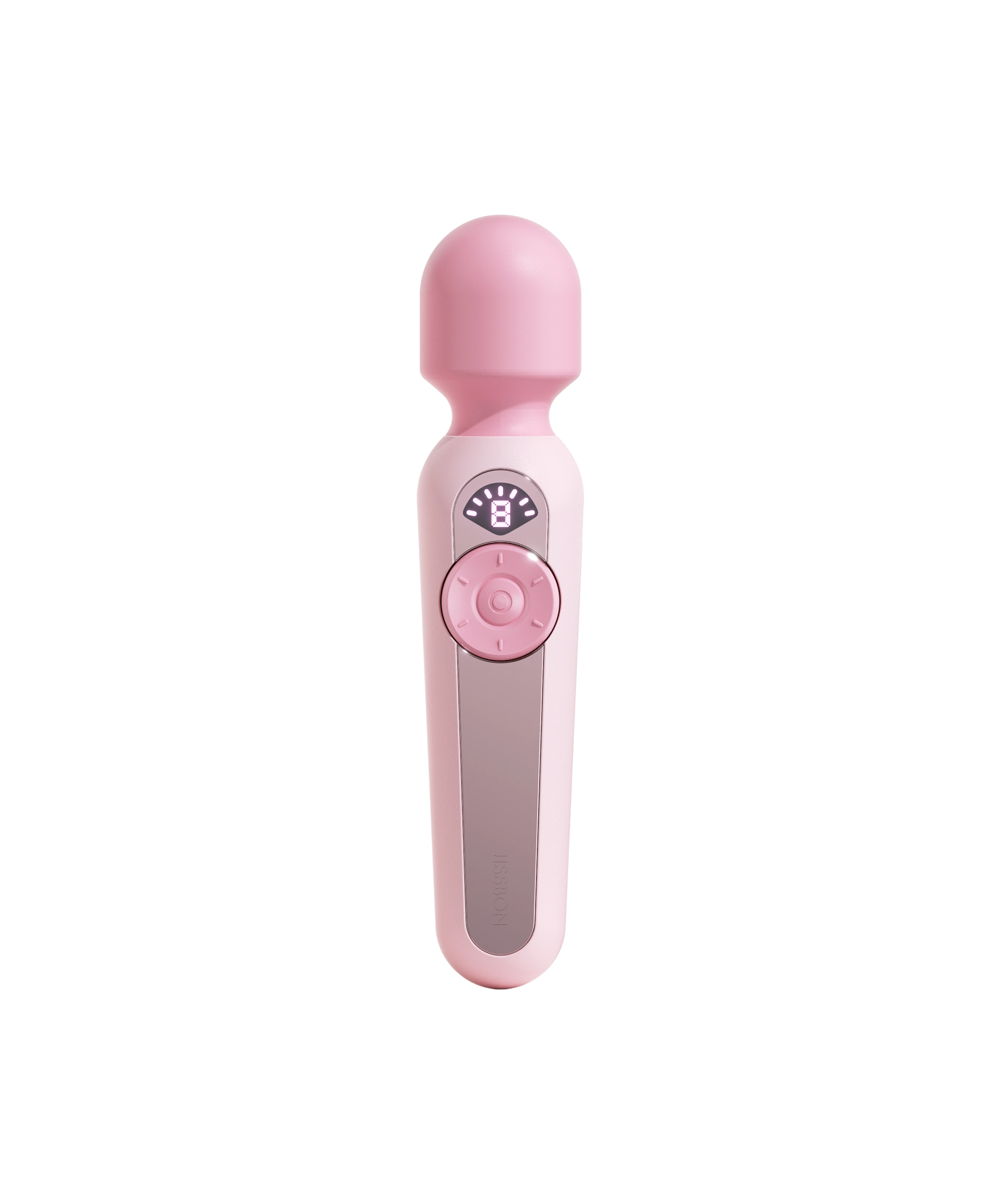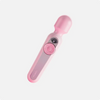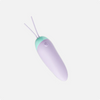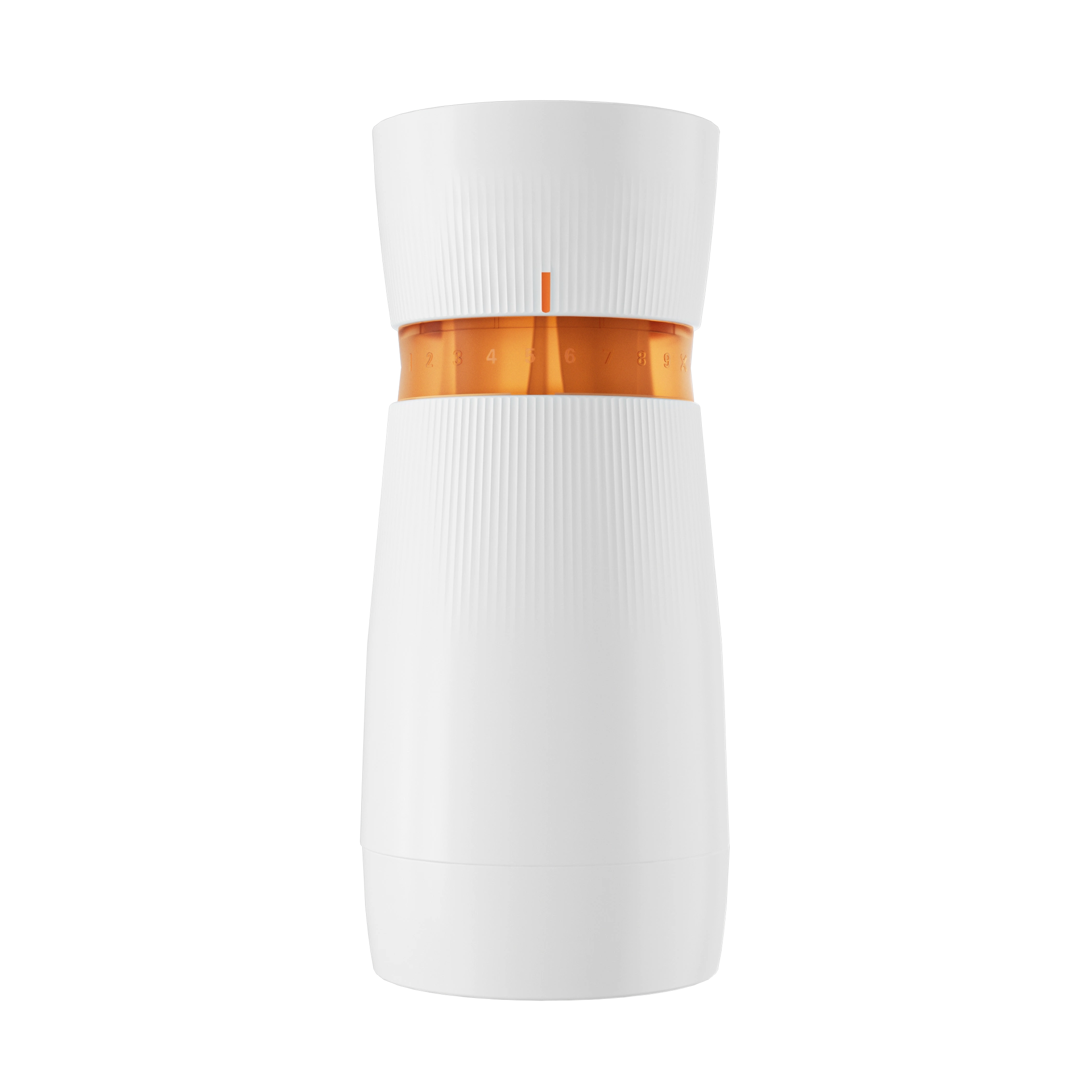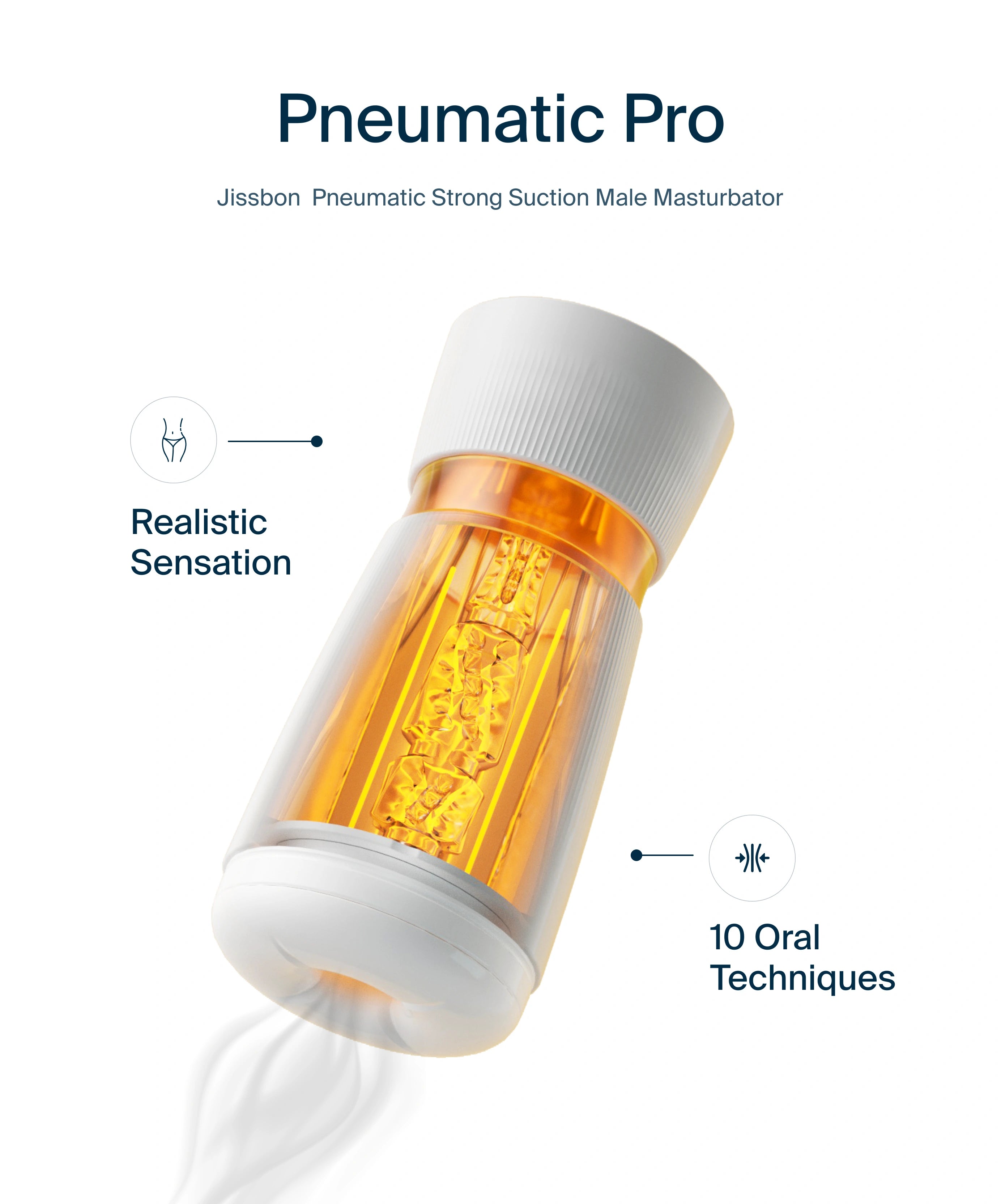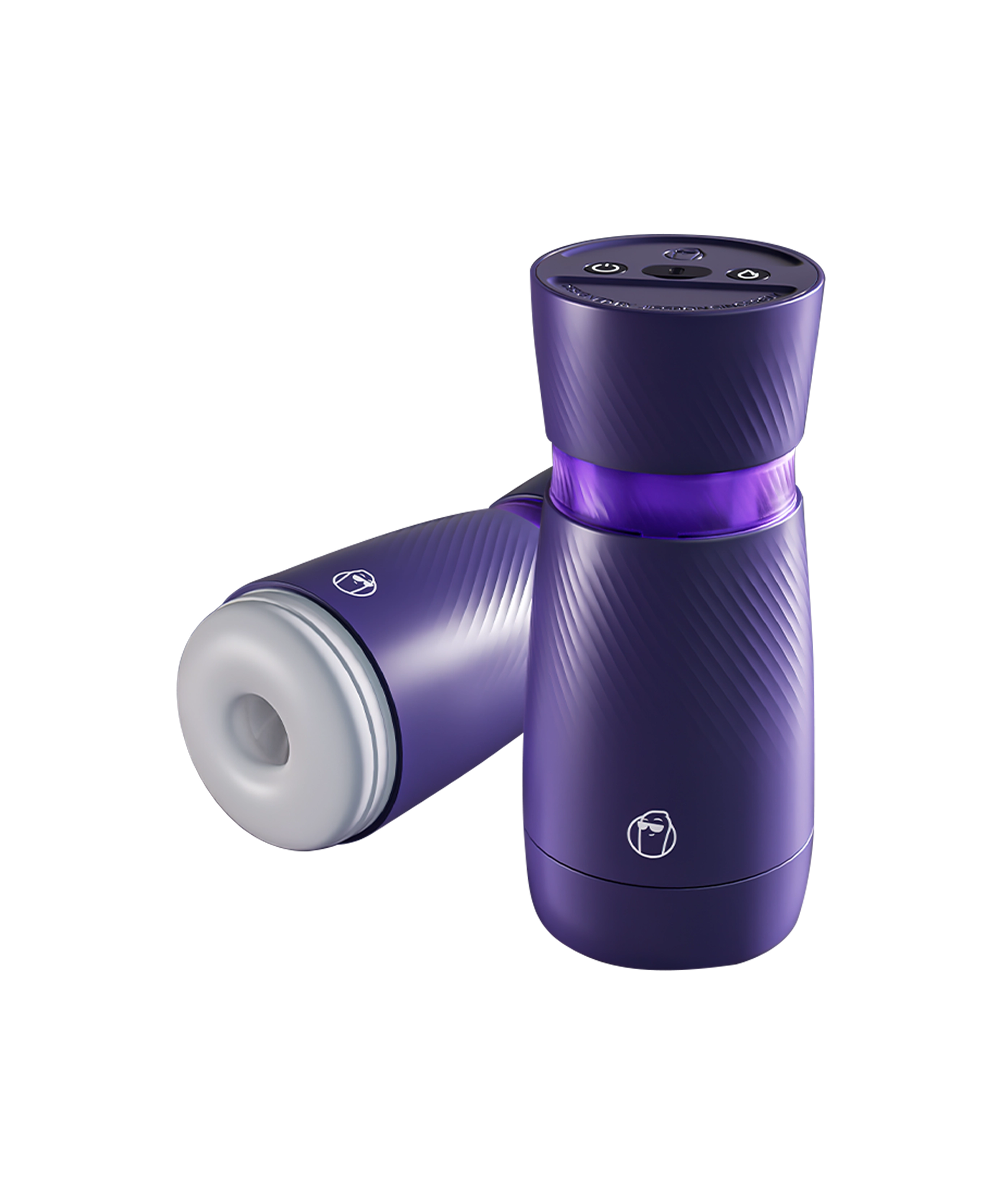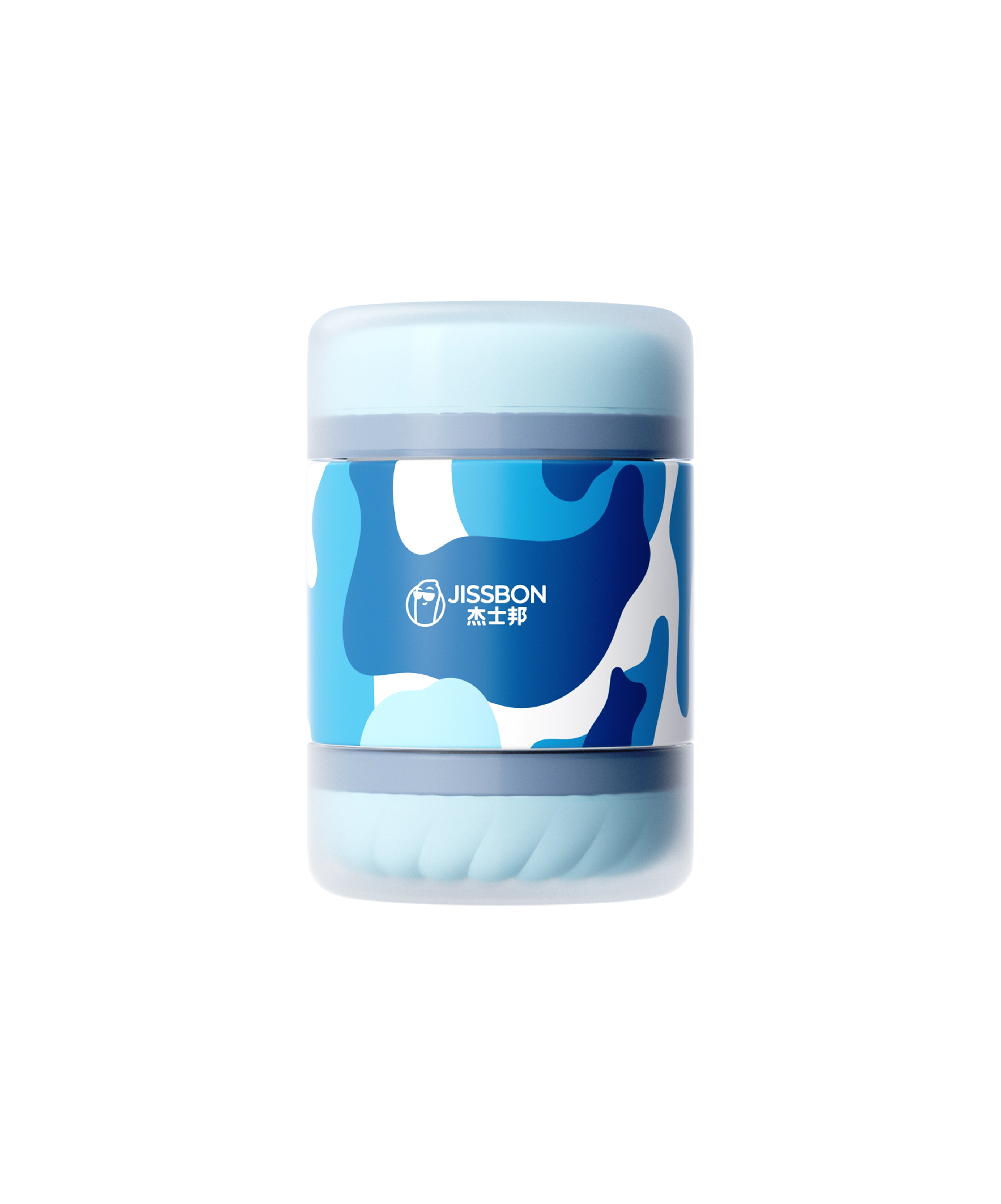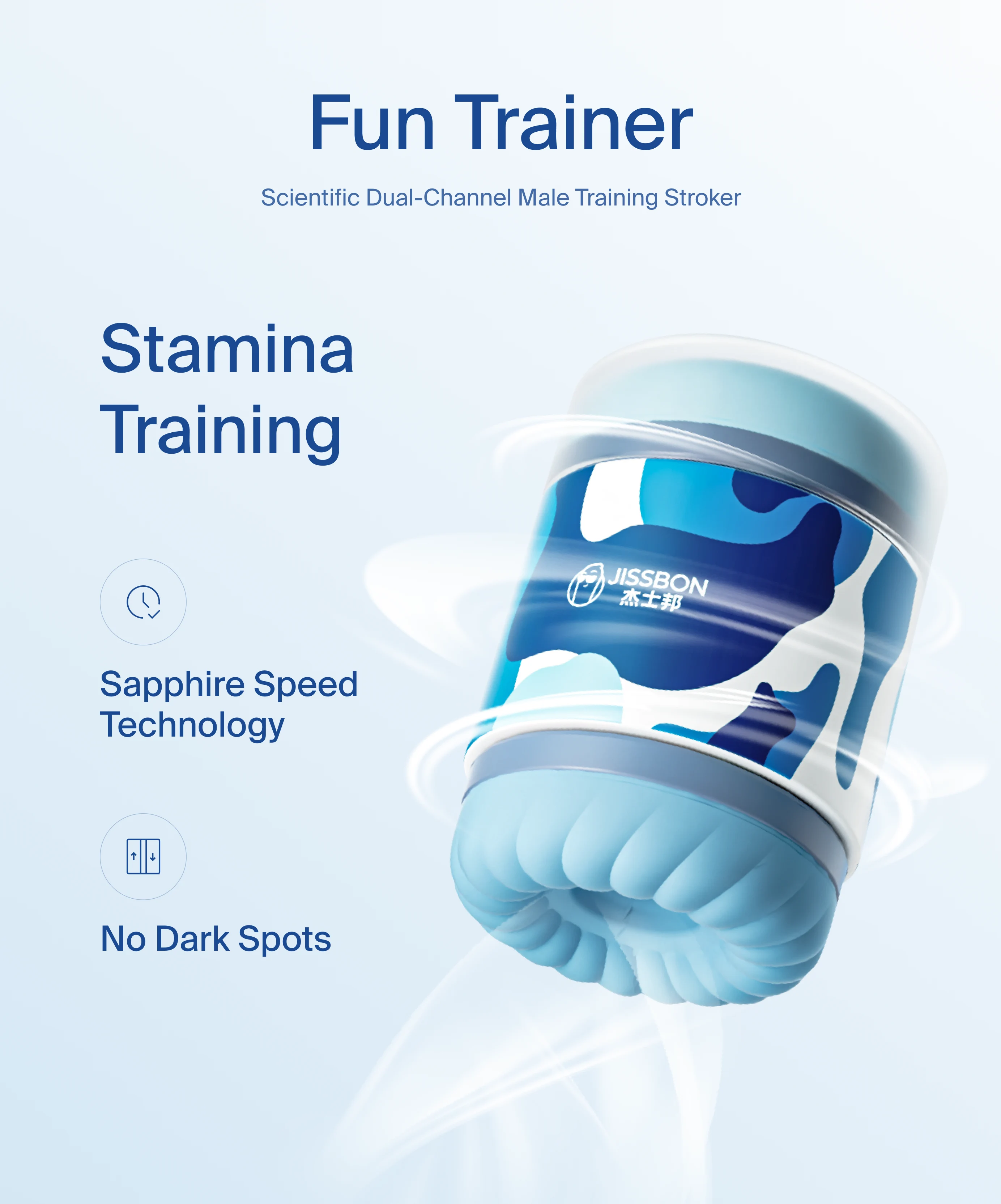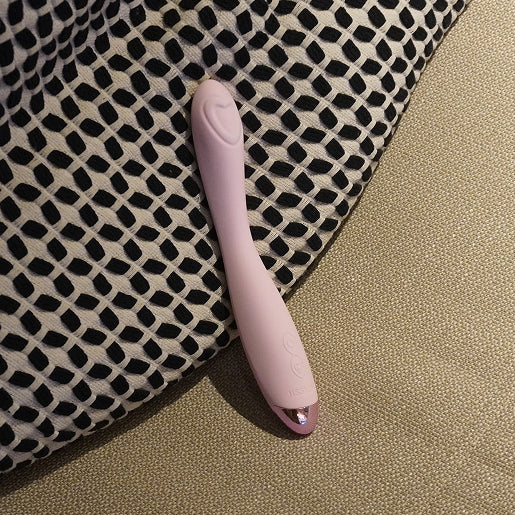Wellness isn’t only kale smoothies and 10 k steps—real self‑care also means staying connected to pleasure. Yet the moment we hit the big “5‑0,” society starts whispering that our libidos retire with our AARP cards. Honestly? That’s outdated nonsense.
Let’s look at the numbers, bust the myths, and share some road‑tested ways to keep intimacy vibrant, healthy, and seriously fun after 50.
Clearing the Fog: Three Myths That Refuse to Die
Myth #1: “Nobody over 50 is doing it.”
National datasets prove the opposite. In the U.S., roughly 73 % of people aged 57–64, 53 % of those 65–74, and 26 % of adults 75–85 report being sexually active. Among women alone, a University of Michigan poll found that 43 % of women 50+ had sexual activity—defined broadly—in the last year IHPI. That’s millions of mid‑lifers turning bedroom lights on, not off.
Myth #2: “Menopause or ED ends intimacy.”
Hormone shifts can change comfort and performance, but they rarely slam the door. Vaginal dryness, for example, is treatable with moisturizers, localized estrogen, or simply a good water‑based lube. Erectile challenges?
Today’s PDE‑5 meds, vacuum pumps, and pelvic‑floor physiotherapy make firm erections common well into the 70s. The real barrier is silence, not biology.
Myth #3: “It’s risky for the heart.”
Moderate partnered sex raises heart rate to about 75 % of a treadmill stress test—well within safe limits for most people cleared for regular exercise PMC. Think of it as a pleasant mini‑workout with better endorphins than the elliptical.
The Real Numbers: Average Sex at Over 50
So what does “average sex at over 50” look like? Surveys paint a picture that’s nuanced, not declining in a straight line.
|
Age Band |
% Sexually Active Last 12 Months |
Common Frequency Among Actives |
|
50–64 |
70 % (rough mean) |
1–3 times/month |
|
65–74 |
53 % |
1–2 times/month |
|
75–85 |
26 % |
1×/month or “as‑needed” |
Interpret those figures gently. They include single, partnered, healthy, and chronically‑ill respondents. “Average” hides huge diversity: some couples romp daily; others prefer affectionate cuddling and occasional mutual massage. The big takeaway? Desire may taper, but intimacy rarely vanishes—it simply evolves.
How Is Sex Healthy After 50?
Cardiovascular & Longevity Boost
Regular sexual activity counts as moderate exercise, supporting vascular elasticity and blood‑pressure regulation PMC. Longitudinal research even links weekly intercourse to lower all‑cause mortality in men and women PMC.
Brain & Mood Upgrade
Orgasm releases oxytocin and dopamine, which literally bathe the brain in anti‑stress chemistry, sharpening cognition and lifting mood. Some studies connect partnered intimacy with reduced dementia risk and quicker word recall in later life.
Immune Support & Pain Relief
Sex once or twice a week is associated with 30 % higher salivary IgA, a frontline immune antibody PMC. The endorphins triggered by orgasm also dull arthritis aches and migraines for up to 48 hours.
Better Sleep & Lower Blood Pressure
Those post‑coital zzz’s are real: in a study of 750 adults, more than half reported deeper sleep after orgasm, with men benefiting slightly more PMC. Quality shut‑eye further safeguards heart health and mental resilience.
Put simply, if you want a low‑cost, side‑effect‑free wellness habit at 50, 60, or 80—sex (solo or partnered) is on the list.
Mindsets That Make Mid‑Life Intimacy Thrive
- Curiosity Over Comparison. Forget high‑school metrics; explore what feels good now.
- Communication First. A direct “how does this feel?” is sexier than guessing.
- Whole‑Body Pleasure. Erogenous zones actually multiply with age thanks to nerve‑ending sensitization—think ears, inner arms, lower back.
- Stress Management = Libido Management. Meditation, walking, or dancing prime the nervous system for arousal better than doom‑scrolling.
Keeping It Exciting After 50
Upgrade the Toolkit
Novel sensations flip the brain’s reward circuits from “routine” to “wow.” Soft silicone vibrators, adjustable position pillows, and remote‑controlled rings add playful layers without overshadowing emotional connection. If you and your partner feel ready, explore the sex toys for couples collection for beginner‑friendly, whisper‑quiet devices that focus on mutual pleasure—not performance anxiety.
Schedule—But Keep It Spontaneous
Counter‑intuitive truth: planning intimacy can heighten anticipation. Pop a reminder—then let the actual activity flow organically. Think of it like penciling in a weekend hike; you still choose the trail when you arrive.
Sensual, Not Just Sexual
Share a massage, slow‑dance in the kitchen, watch a sunset holding hands. These micro‑bonds raise oxytocin, making later sexual moments easier and more fulfilling.
Solo Pleasure & Self‑Confidence
Self‑exploration isn’t a consolation prize; it’s an education. Masturbation maintains pelvic blood flow, trains responsive neural pathways, and supplies real‑time “user manuals” you can share with a partner. For a gentle starting point, browse the Jissbon couples —many devices double as fabulous solo helpers.
Tackling Common Roadblocks
|
Hurdle |
Try This |
When to Seek Help |
|
Vaginal Dryness |
Water‑based lube, localized estrogen, slower build‑up |
If pain persists after 2–3 weeks |
|
Erectile Dip |
Pelvic‑floor exercises, PDE‑5 meds, vibe sleeves |
If morning erections vanish entirely |
|
Low Desire |
Stress‑reduction, mindful touch sessions, testosterone check (all genders) |
If it causes distress to you or the relationship |
|
Chronic Conditions |
Position aids, shorter but more frequent encounters |
Any sudden change—talk to GP/sex‑savvy therapist |
Your Action Plan (Bookmarkable)
- Run a “Pleasure Audit.” List what currently sparks desire—touch, words, fantasies.
- Book an Intimacy Talk. 30 minutes, phones off, goals: shares, no judgment, one reachable tweak.
- Refresh the Bedroom. New sheets, softer lighting, speaker for a curated playlist.
- Move Daily. Even a 15‑minute walk boosts circulation and libido.
- Try One New Sensation a Month. A temperature‑play massage candle, a feather, a beginner‑friendly vibrator—the brain loves novelty.
- Celebrate Micro‑Wins. High‑five after great communication, not just orgasm.
- Keep a Wellness Baseline. Manage sleep, blood sugar, and medications that may blunt arousal.
Own Your Next Chapter
I’ve noticed that the happiest 50‑plus couples treat sex less like a performance and more like shared adventure. They talk, laugh at mishaps, and stay curious. Whether intimacy shows up as a soulful cuddle, a playful romp, or an ecstatic all‑nighter, it’s valid—and it’s yours to shape.
So challenge the stereotype, honor your changing body, and give yourself permission to explore. Your heart, brain, and relationship will thank you—and the wellness world might finally catch up.
Frequently Asked Questions:
Is it normal to still want sex after 50?
Absolutely. Desire doesn’t vanish with age—it evolves. Many people over 50 report more intentional, emotionally connected intimacy than they had in their 20s or 30s. It might look different, but it’s still very real—and very worth celebrating.
How often do people over 50 actually have sex?
It varies widely, but here’s a snapshot:
- Ages 50–64: Around 70% are sexually active; common frequency is 1–3 times/month.
- Ages 65–74: About 53% stay active, often 1–2 times/month.
- Ages 75+: Roughly 1 in 4 remain sexually active, usually about once/month.
"Average" just means middle of the road. Some couples have sex daily, others prefer touch, closeness, or mutual massage instead. All valid.
Can menopause or erectile dysfunction (ED) end your sex life?
Not at all. Hormonal shifts can change comfort or firmness, but they don’t shut down intimacy. Vaginal dryness? Treatable with lubes or estrogen cream. Erectile issues? Medications, pelvic-floor therapy, and supportive toys help—so does patience and communication.
Is sex still safe for the heart after 50?
Yes—for most people. Sex raises your heart rate like moderate exercise—about the same as a brisk walk or light cycling. If you're cleared for fitness activities, sex is usually fine. Always check with your doctor if you have recent cardiac issues.
Read more

I’ve lost count of how many “holy‑grail” skincare trends have landed on my feed this year—yet the most talked‑about glow‑booster doesn’t live in a jade roller or a pricey serum. It’s the rosy, rest...

I’ve spent years writing about mental health and self‑care, and—honestly—the most overlooked act of self‑compassion I see is giving ourselves permission to want what we want. Sure, we light candles...
